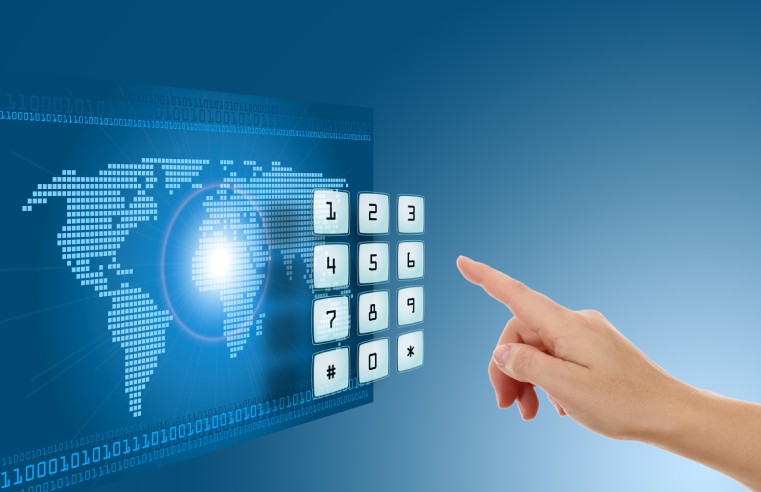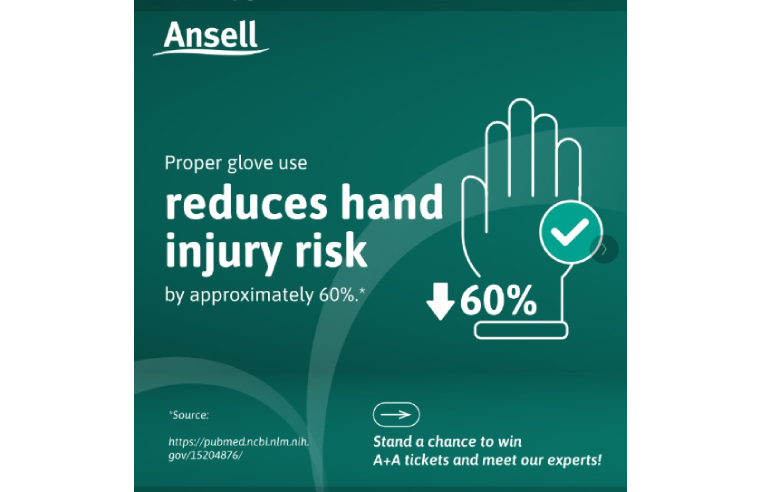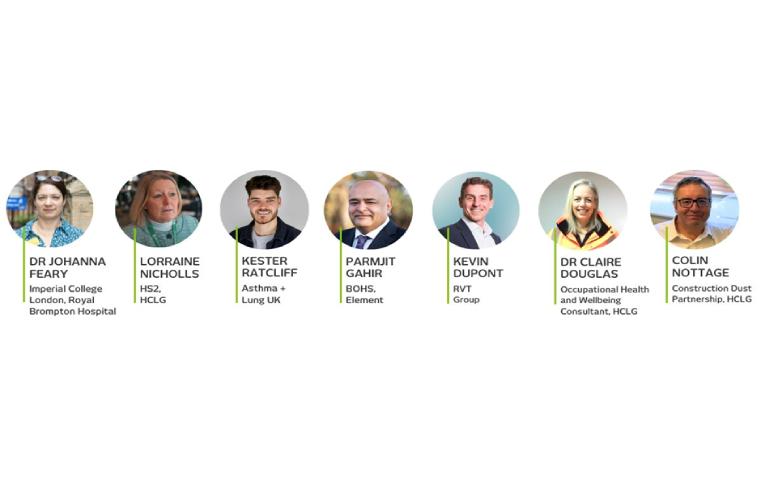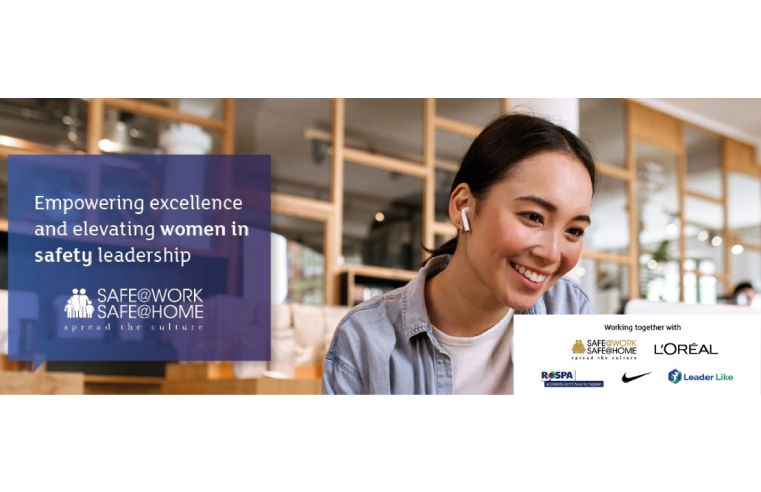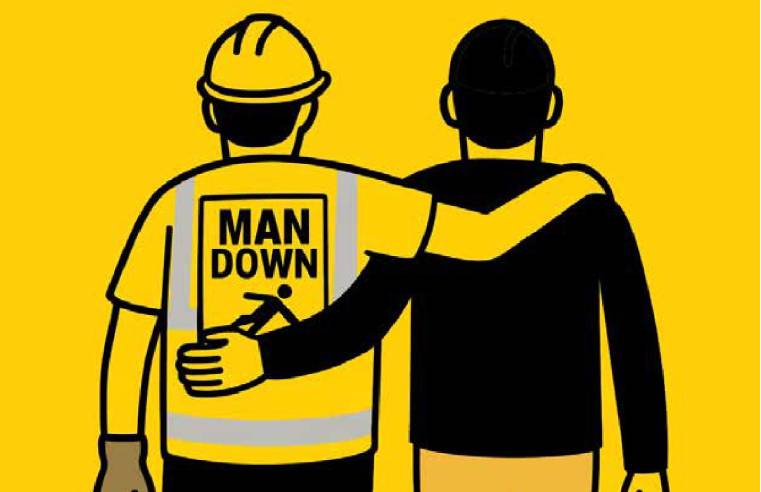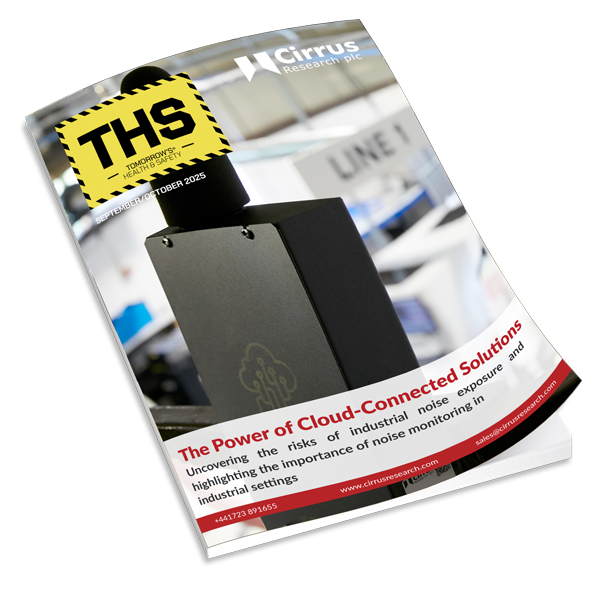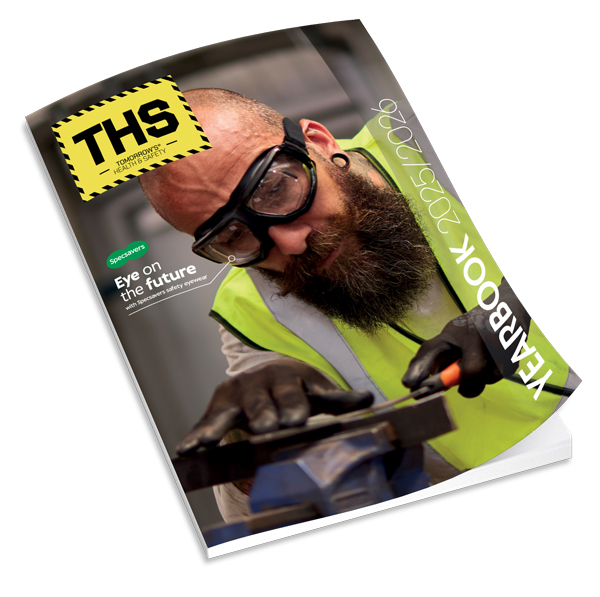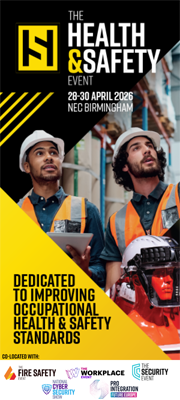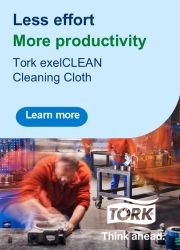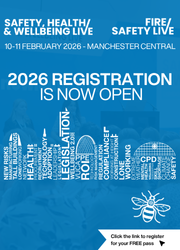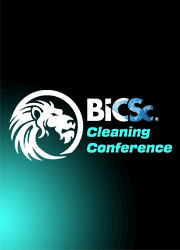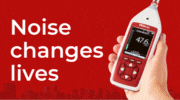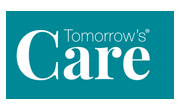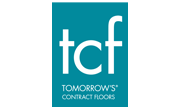Health and wellbeing support services are becoming universally offered in UK workplaces via insurances, affinity groups, cashplans and trade unions and there’s no shortage of technology to support the sector, providing a whole host of advantages, such as reach, convenience, automation and scale.
However, Christine Husbands, Managing Director for RedArc, advises that as well as embracing technology, the industry and employers need to be as equally aware of the human touch.
Clearly, apps and portals accessible via smartphones and tablets are now the automatic ‘go-to’ for many people, enabling clear and efficient access to services such as booking a GP or physiotherapy appointment.
The predicament lies when a user doesn’t know what service they need. Many people with complex or long-term conditions do not know what would most help them, what is available, or how to access it, and so when presented with a list of options, tend to plump for a service or solution simply because they’ve heard of it, rather than it being the best option for them.
It's vital, therefore, that when employers are looking at the most appropriate health and wellbeing support options to offer their staff, they don’t just put in place technology solutions without it being backed up by human support.
Mental health example
Husbands gives the example of an individual who recognises that they are depressed and believes that a course of (non-specific) counselling would be of most help and presses ahead with this service offered by their employer-sponsored protection insurer.
Whilst a course of structured therapy may be required, had the individual received an assessment, a mental health professional would have been able to determine what sort of therapy and approach would be most beneficial. This may have included solution-focussed therapy or CBT, but it might be that a more specific approach such as Eye Movement Desensitisation Therapy (EMDR), hypnotherapy, or even life coaching could be more beneficial.
Christine Husbands said: “Only through empathetic conversation with a trusted health professional, can the full picture of needs and solutions be assessed. There is definitely no ‘one-size, fits all’: two patients with exactly the same diagnosis can have very different concerns, circumstances and physical, practical and social needs but without professional insight it is difficult to assess the most appropriate support for each individual and the best way to deliver it.”
Technology is a great enabler
RedArc acknowledges that technology is extremely valuable in the provision of health-related support and wellbeing services - particularly in the field of self-management of certain conditions and for fitness, lifestyle and nutrition. Whilst a vast range of information and sophisticated algorithms provide excellent tailored advice, the company believes that if an individual takes a turn for the worse, without human interaction, technology solutions are often left lacking.
Husbands continued: “At difficult times, humans like to speak to humans, emotional support and empathy is very important. The power of feeling listened to, non-judgementally and confidentially is liberating and reassuring, it is an important element in the recovery from physical or mental health conditions. It can also be a huge comfort in bereavement, at end of life, and at times of other emotional difficulties. If the pandemic has proved anything, it is that technology is a great enabler but in some instances, it will never be a replacement for real in-person interaction.”





